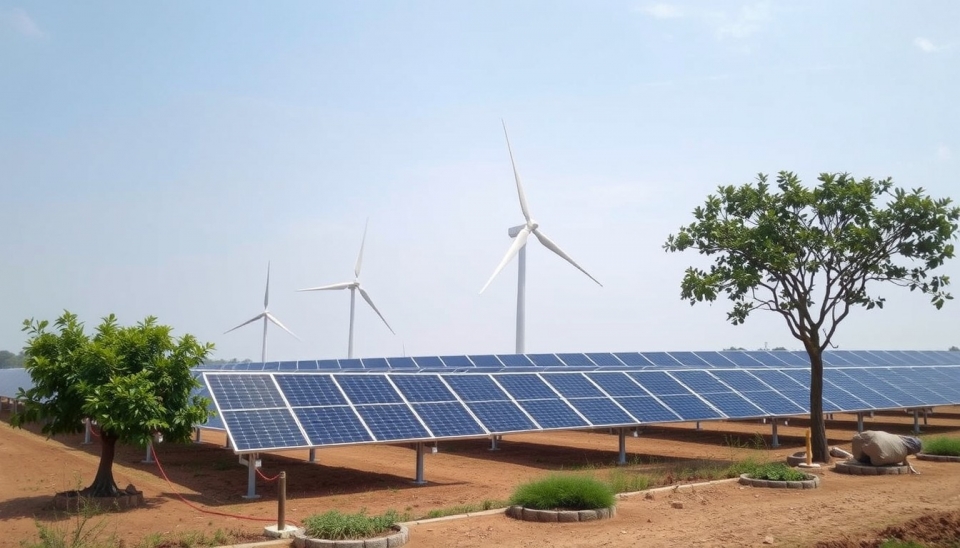India's Renewable Energy Expansion Faces Threats Due to Poor Weather Data

India, recognized as one of the leading nations in alternative energy, may face serious challenges in its renewable energy expansion program. The primary reason for this is the inaccurate or insufficient weather data concerning solar and wind energy, which could hinder the growth of a sector that has already attracted billions of dollars in investment. In recent years, the government has been actively working towards ambitious goals, aiming to achieve 500 GW of installed capacity by 2030. However, these targets may be at risk due to the lack of precision in the data needed to plan modern energy systems.
Experts emphasize that accurate weather data is necessary for predicting energy output and managing risks. Incorrect information can lead to misguided investments in projects and adversely affect the financial outcomes of companies in the renewable energy sector. This is particularly critical for solar panels and wind turbines, as weather directly influences their efficiency and productivity.
This problem is exacerbated by the existing gap in the availability of modern weather monitoring technologies in India, especially in remote areas. Many regions lack an adequate number of weather stations, making it difficult to gather reliable information. As a result, project developers are forced to rely on outdated data, which increases risks and lowers investor confidence in the country's renewable energy market.
The government and various organizations are already working to improve the weather data collection system, including the use of satellite technologies and modernization of existing meteorological stations. However, as current realities show, time is of the essence, and swift action is necessary to prevent further slowdown in India's renewable energy segment.
#India #renewableenergy #weather #investment #solar #wind #ecology




